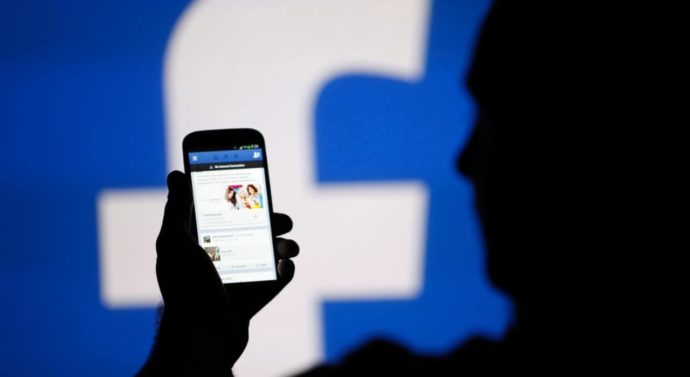
Facebook on Trial: Mark Zuckerberg testifies in front of Congress about Facebook’s recent breach of data
Editorial April 21, 2018, Comments Off 52The following is an editorial and does not reflect the thoughts or opinions of The Mirror
Late last month, it was revealed that British consulting firm Cambridge Analytica, a group hired by the Trump campaign and funded by prominent Republicans Robert Mercer and Steve Bannon, had combed through the data of more than 50 million to create ads targeting individual users based on their likes and profile history.
The startling part about this act was that fact that less than 300 thousand users had been alerted to the activity and gave the firm consent. While Facebook insists that the firm did not have access to user’s passwords and that the action was not a breach, the companies terms of service stipulates that the private data of the users are not “to any ad network, data broker or other advertising or monetization-related service,” (New York Times).
Last week Mark Zuckerberg was summoned before a congressional committee to testify about the security of the Facebook website and its users personal data.
“There are tens of thousands of apps that had access to Facebooks data before we locked it down in 2014,” said Zuckerberg during his testimony. “It’s clear now that we didn’t do enough to keep (Facebook) from doing harm.”
The astounding part about Mark Zuckerberg’s congressional testimony is not the irresponsibility of the company to ensuring that its users data stays secret, but the manner of some of the questions asked by the committee.
The committee, made up of both Republican and Democratic members of Congress, seemed unable to grasp many of the concepts that Facebook revolve around.
“How do you sustain a business model in which users don’t pay for your service?” asked Senator Orin Hatch of Utah.
Zuckerberg, seemingly thrown off by the question, simply responded “…we run ads.”
This was only one of many moments from the two-day testimony that has been turned into an internet meme starring Zuckerberg and many members of the committee.
To me, it’s stunning that Facebook doesn’t already have better security for its users. Zuckerberg stated that the company would be doubling its number of information security personnel from ten thousand to twenty thousand, but exactly what purpose does this increase in employees serve?
Even by increasing the number of individuals it does not change the strength of Facebooks data-security or that a user’s interests can be inspected by anyone as long as the profile is not set to private.
Another alarming factor in the case is the fact that the data scraped from the Facebook profiles was kept unsecured “on a public, unlisted Amazon S3 storage bucket,” that if found, could have been accessed by any individual. The data in the drive included information such as names, dates of birth, addresses, and much more.
With these recent breaches it brings up the topic of internet privacy. While Facebook has stated before that it does not sell its users information to private companies that does not mean that this data can still be detected by ad agencies through ‘cookies.’ These cookies enable ads to look at key words in your search history and cultivate the advertising ‘experience,’ you have.
While this technique is not illegal by any means, it does bring up the fact that companies can access your history and look at your private information. And if companies are able to look at these documents, when will it be a reality that companies are able to develop a way to look at your personal information directly? Only time will tell, but we can only hope that Facebook and other companies will continue to develop new ways to ensure our privacy online.